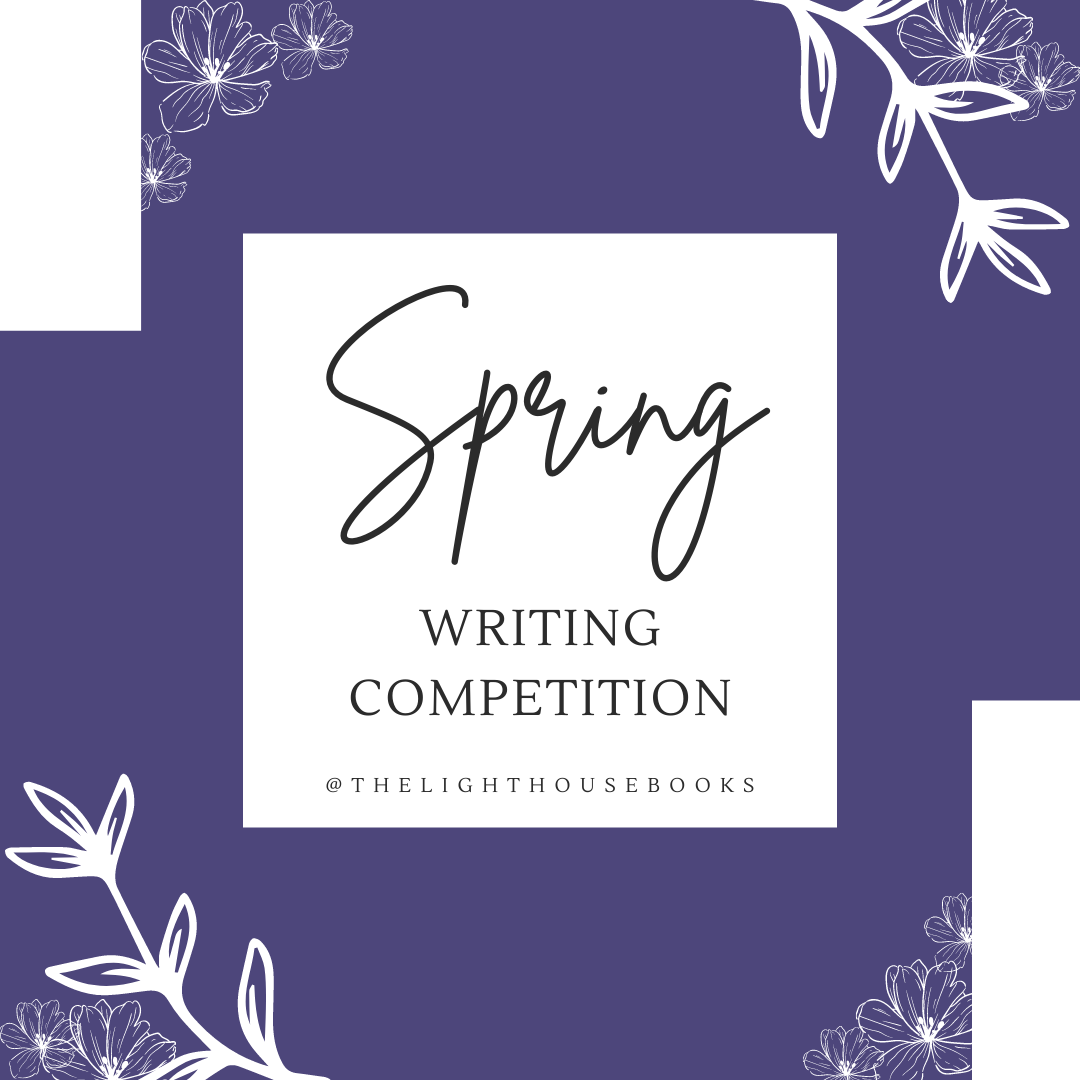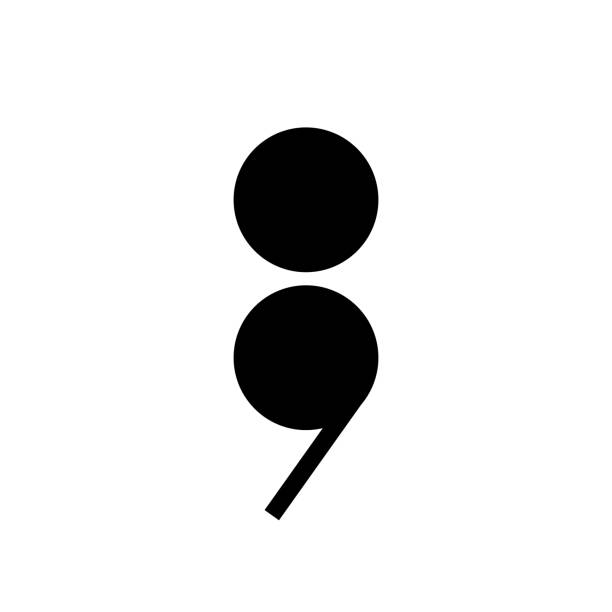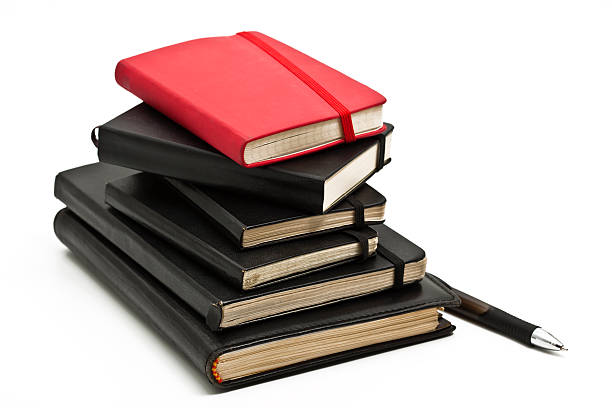How to Gain Confidence as a Writer
I am here to tell you that every writer, at some point, lacks confidence in their writing. Perhaps this is due to the true vulnerable nature of writing and publishing. We present a personal piece of ourselves to the world when we write and publish. Steven Pressfield put it beautifully, “If you find yourself asking yourself (and your friends), ‘Am I really a writer? Am I really an artist?” Chances are you are. The counterfeit innovator is wildly self-confident. The real one is scared to death.” So, how to gain confidence as a writer?
Think of the Noun “Writer” in Simple Terms
What do I mean by this? I invite you to keep in mind this definition of a writer: one who writes. Yes, it can be that simple! Doubt in your own abilities is the pre-cursor to fear, a major contribution to writer’s block; fear that your work will “not be good enough”. Every day, remember the goal of becoming a published writer, and tell yourself that you are a writer! Even say it to yourself in the mirror as you get ready in the morning, “I am a writer.” May this seem silly? Yes. Does it work? Also, yes.
Make Confidence A Choice
Relating to the above thoughts, to gain self-confidence, you need to build up to owning the idea of being a writer. Ernest Hemingway shared, “It is none of their business that you have to learn to write. Let them think you were born that way.” That is not to exclude taking steps to improve and practice, as well as going through the process of writing, yet embrace the idea of making your dreams of publishing a reality. Visualize what it will look like to have a published book, not only through images, but through emotions. Imagine the excitement, the joy, and the relief of having met your goal.
Write Every Day
This does not necessarily mean you need to work on one manuscript or project every single day. However, I urge you to make writing a habit. Purchase a journal just for taking notes throughout the day: any thoughts that pop up regarding your current work, quotes that catch your attention, details you notice by people watching or through conversations. This journal is also essential for daily freewriting entries. Doodling in the journal is a way to fuel your creativity as well, and often alternating the creative muscles help accelerate the writing process.
Read Every Day
Read the work of other writers each day, and do not be afraid of variety; this is a valuable way to develop your own craft. You learn new techniques, acquire vocabulary words, and find options for sentence variety. Reading provides a wonderful escape, and it is foundational in exercising the mind.
Remember that Writing Takes Time
All goals take time and work. Writing and publishing a book are no exceptions. Do not expect to write only one draft and have a work that is ready for publication, or to produce a novel in a weekend. Set yourself up for success by excepting the understanding that a finished book will involve the time for writing, and for also letting it sit for a bit so that you may come back to it and reflect with a fresh eye and perhaps new ideas.
Embrace the Writing Process
This goes along with the reminder that writing takes time. More than likely, you were taught in school about a linear writing process, with specific steps to follow. This way of educating is almost a paint-by-number approach to writing, and it gives the critical voice a chance to overcrowd the creative one. When a writer starts with the initial parts of the writing process and genuinely enjoys the steps of prewriting, planning, and drafting, and blocks out the critical voice, they are much more likely to not only be successful, but to find joy while doing so. After these initial steps, it is important, as mentioned earlier, to let the work sit, then review. A peer review is particularly helpful at this point.
Then, revision, with room for additional idea generation, and finally editing and proofreading. Peter Elbow, a well-known author on the writing process instructs to view writing like painting a picture, “successive sketches of the same picture–the first sketches very rough and vague–each one getting clearer, more detailed, more accurate, and better organized as well.”
We would love to hear from you in the comments below about how the above tips helped you gain more confidence as a writer!





Leave a comment: